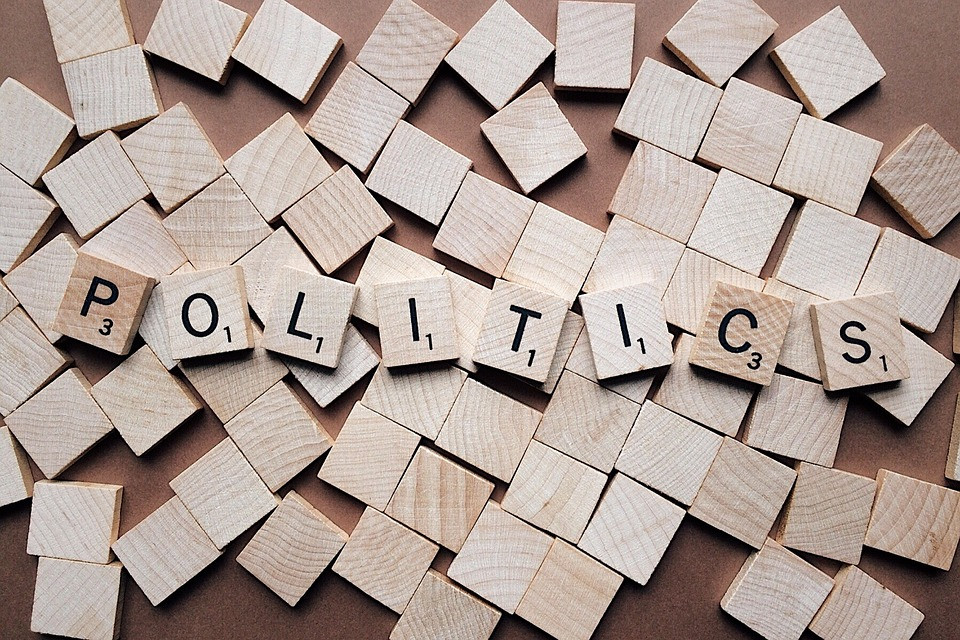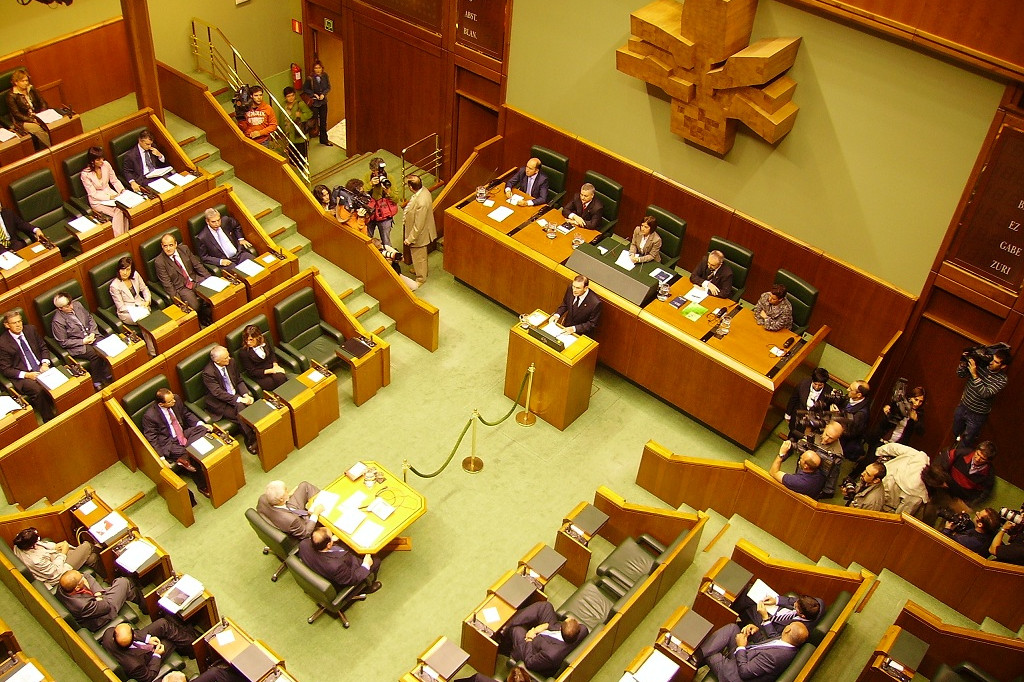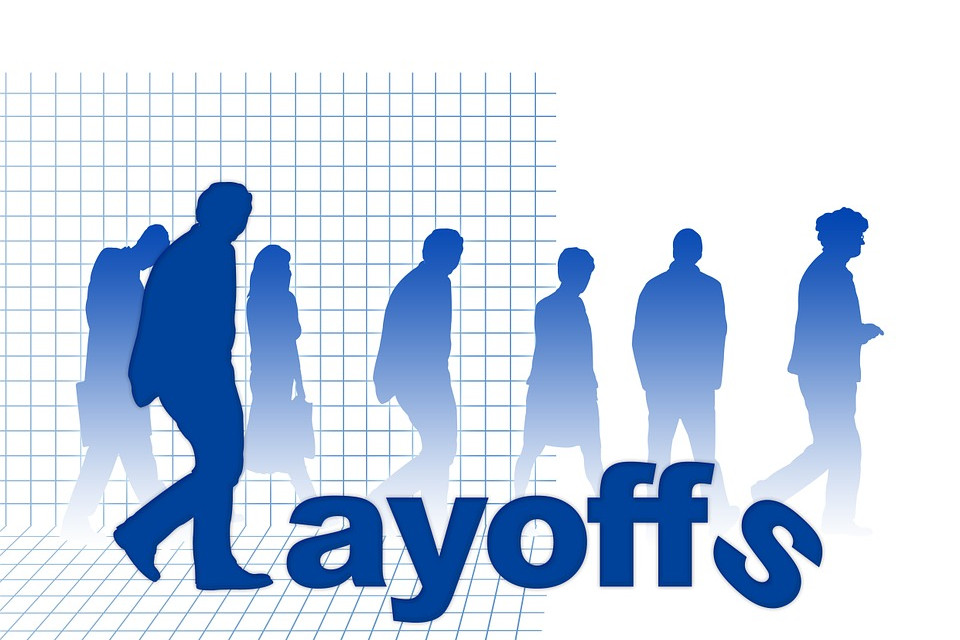The general public, in exercising their cathartic right of public indignation over the numerous cases of corruption of politicians and related people is already a recurrent constant. The incessant and continuous repetition of the media can conceal the serious risk of anesthetizing the ability to understand the phenomenon, to finally resolve it with a mere public derision that has the sole objective of feeling unrepresented by those who hold power. This is the root of spiralling indignation and resentment that engages ever more layers of society.
It is true that the phenomenon of corruption is not an issue that concerns only our society. Already in ancient Rome, the penalties were harsh for those in their public responsibilities who were lacking in the duty of justice and honesty. The novelty of the issue is the inability to see the reasons and the pharisaic moralism that leads to the phenomenon.
The possibility of "being corrupted" is intrinsically linked to our nature.
This means that the order of things, both personally and politically, is not produced by magic, rather it requires continual readjustment and a balance that implies, whether we like it or not, a certain asceticism, This is to say, the continuous submission of appetites to reason. The difficulty of this arrangement is well known to everyone. Doing good is difficult and does not impose itself, I am sorry to say, in the same way we feel the force of slogans and shouting in demonstrations. The loss of this immediate reality leaves room for mythical (or worse, dreamlike) visions of politics according to which politics should be the space of perfection and not the art of the possible.
THE ROOT OF ALL DISORDER IS GREED
However, with this we are far from justifying a certain kind of moral cynicism or even worse ethical relativism. What we are dealing with here is trying to identify specific mechanisms that lead to the corruption of the corruptible, in this case the politicians and the reasons for the popular reaction to this phenomenon.
In Plato's "Republic" Book VII, we find a first indication of the reasons for corruption, which the Greek philosopher finds in the love of honour that gives rise to the timocracy regime (a state where only property owners may participate in government). Disorder begins with a substantial shift in who should govern, giving way to power to people seeking profit and not excellence mixing with the best. In a nutshell, the onset of this degeneration leads to a government incapable of setting an example and educating the general public by producing their rebellion against those in power, now considered unjustly enriched because of "the cowardice of the poor", that in private say to each other: "these men are ours, because they are worth nothing". Plato says that this is the beginning of democracy that will sooner or later lead to tyranny.
Now, it seems that the principle of all disorder is the greed for private property and the desire to be privileged. Does this not seem to be a characteristic, not only of politicians, but also of our entire society?
The disorder that politicians manifest with their misdeeds is the same that occurs over and over again in many less significant lives, but nevertheless equally affected by unbridled competition to acquire more and more consumer goods, and at the same time acquire status and to present it copiously and unembarrassingly on the self-diffusion channels of microscopic self-representations, between Instagram filters and different emoticons. Increasingly deaf to the needs of the common good, disconnected from all tradition and justice for others, and involved only with their own instantaneous self-presentation and, if possible, to the more people the better.
There is a clear parallel between what we consider vices (or crimes) public and what are the private vices set in a myriad of individuals' micro-behaviours.
It is true that it is not the same to lack public responsibilities being a servant of the common good as being a private citizen. Neither do we need to communicate with the libertarians to recognize that the demands to which the power subjects the general public, for example, as regards taxes. This often conceal grave injustices, and even manifest only the voracity of a state to tax.
THOSE WHO EXERCISE POWER HAVE MORE RESPONSIBILITY
One day, the Eurocrat civil servant Monti, at that time prime minister in Italy, even said that paying taxes was one of the most beautiful things in this world. Could it be that, at this point, we think there are other much more beautiful things, and that calling a citizen who does not pay tax corrupt could be a tremendous injustice. Instead, we note that politicians are expected to be immaculate and blameless. And no doubt they should be. However, things are the way they are, and also being people, politicians are corruptible,. The phrase "corruptoptimoevil" (a conglomeration of the three words "corruption", "optimum" and "evil") is commonly attributed to St. Gregory the Great, and it suits us well to explain that it is true that those who hold power have more responsibility when it comes to performing the serious task of sharing public resources, what used to be called distributive justice.
It is also true that politicians' nature is the same as that of any other person, at least in the context we call democracy. The vices of one are the same vices of the others.
Once we remove all moral codes of behaviour, we open the Pandora's box (that is to say not necessary justice we all recognise, subject to eternal laws), and that we all compete continuously to achieve our individualistic desires it gets quite complicated, not to say practically impossible, to generate a political class worthy of the name, that is to say, capable of resisting the temptation to grab for themselves part of public resources, originally intended for all members of society. If we trace the last centuries of political thought, we will find two great recurrent features, repeated again and again: a negative anthropology where man is governed by an excessive and uncontrolled desire, and the creation of the State as a power without limits, the only free and rational entity. Given these premises, when the politician is at the pinnacle of power that does not recognize any limit and is motivated by individual interests that do not include any common good (because their nature does not allow it), how can they avoid using the power invested in them for anything other than merely personal ends?
I WOULD ALSO DO THE SAME
Make no mistake, the same process of corruption politicians are subjected to is also sullies each and all of us. Educated in the value of freedom without limits, accustomed to having no limits, neither in school nor in the family, disconnected from all reference to God and to others, unaccustomed to the recognition of beauty and the importance of inner culture through of the renunciation and of the so significant (but outdated!) temperance, in grey, ugly and depersonalizing urban environments, we run the risk of falling into the same corruption shredder that is first only internal, but after, economic.
For this reason, when we hear shouts of scandal, and the entire line of mourners who flail themselves with Pavlonian reflections, when for the umpteenth time the news comes out of corruption of politicians, the suspicion arises that such a din is caused by the mechanism of indignation which makes us blind to the same dynamics in each one of us. Moreover, and above all, our instant intuition is that, after all, given the same conditions of the politician, enjoying the same power and the same possibility of not being discovered, also "I" would do the same, but I would certainly not denounce myself. Here is the whole question: no-one can promise themselves that, given the conditions of corruptibility, we would not end up being corrupt ourselves. Moreover, so much shouting and outrage seem to us the way to put off the reflection that corruption, which occupies so much space in the media, is the same gangrene with which we and our society are irremediably infected.











